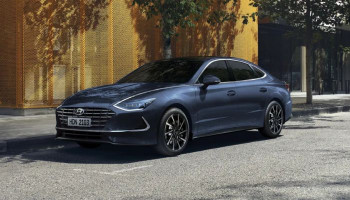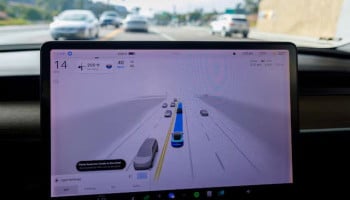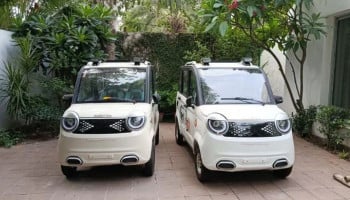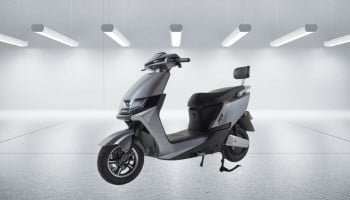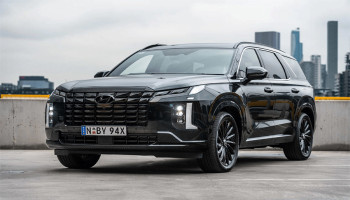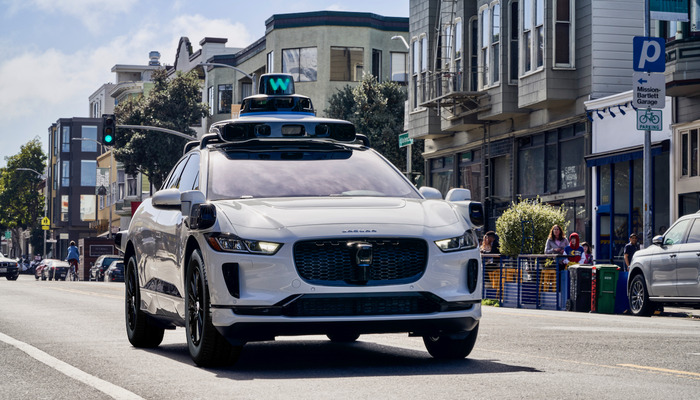
The image shows a Jaguar I-Pace, Waymo One's cab. — Waymo
Weeks after expanding its operations inside the another state of the US, San Francisco, the renowned electric, fully autonomous ride-hailing service came under fire last light in San Francisco.
Although no media organistaion has reported the motive behind the attack, several footage surfacing on the internet showed a person, jumping on the hood of a Waymo driverless taxi and smashing its windshield in San Francisco’s Chinatown last night around 9PM PT.
Moments after attacking, the attacker garnered applause from the crowd surrounding the car that, while taking part in the vandalism, covered the car in spray paint, breaking its windows, and ultimately setting it on fire.
Read more: Waymo One reaches LA, offers free rides to select residents
Waymo representative Sandy Karp told the fully autonomous car “was not transporting any riders” when it was attacked and fireworks were tossed inside the car, sparking the flames.
Public Information Officer Robert Rueca of San Francisco’s police department confirmed in an email to The Verge that police responded at “approximately” 8:50PM PT to find the car already on fire, adding that there were “no reports of injuries.”
The fire department arrived a few minutes later, as reported in The Autopian, but by then the car was already fully engulfed in flames, as stated by The Verge.
A video shared on the FriscoLive415 YouTube channel displays the burnt remains of the Waymo Jaguar electric vehicle.
Similarly, a videos posted by software developer Michael Vendi also provides glimpse into the unfolding scene and the escalating fire.
The fire occurred amidst ongoing tension between San Francisco residents and operators of automated vehicles. Following an incident where one of Cruise's robotaxis struck and dragged a pedestrian, the California DMV suspended their operations.
Earlier, automated taxis had caused disruptions in the city, blocking traffic or colliding with a fire truck. Just last week, a Waymo vehicle hit a cyclist who was reportedly following behind a turning truck.
City officials and residents had opposed granting the cars a license for 24/7 operation last year, with some residents immobilising them by placing orange cones on their hoods in protest.









